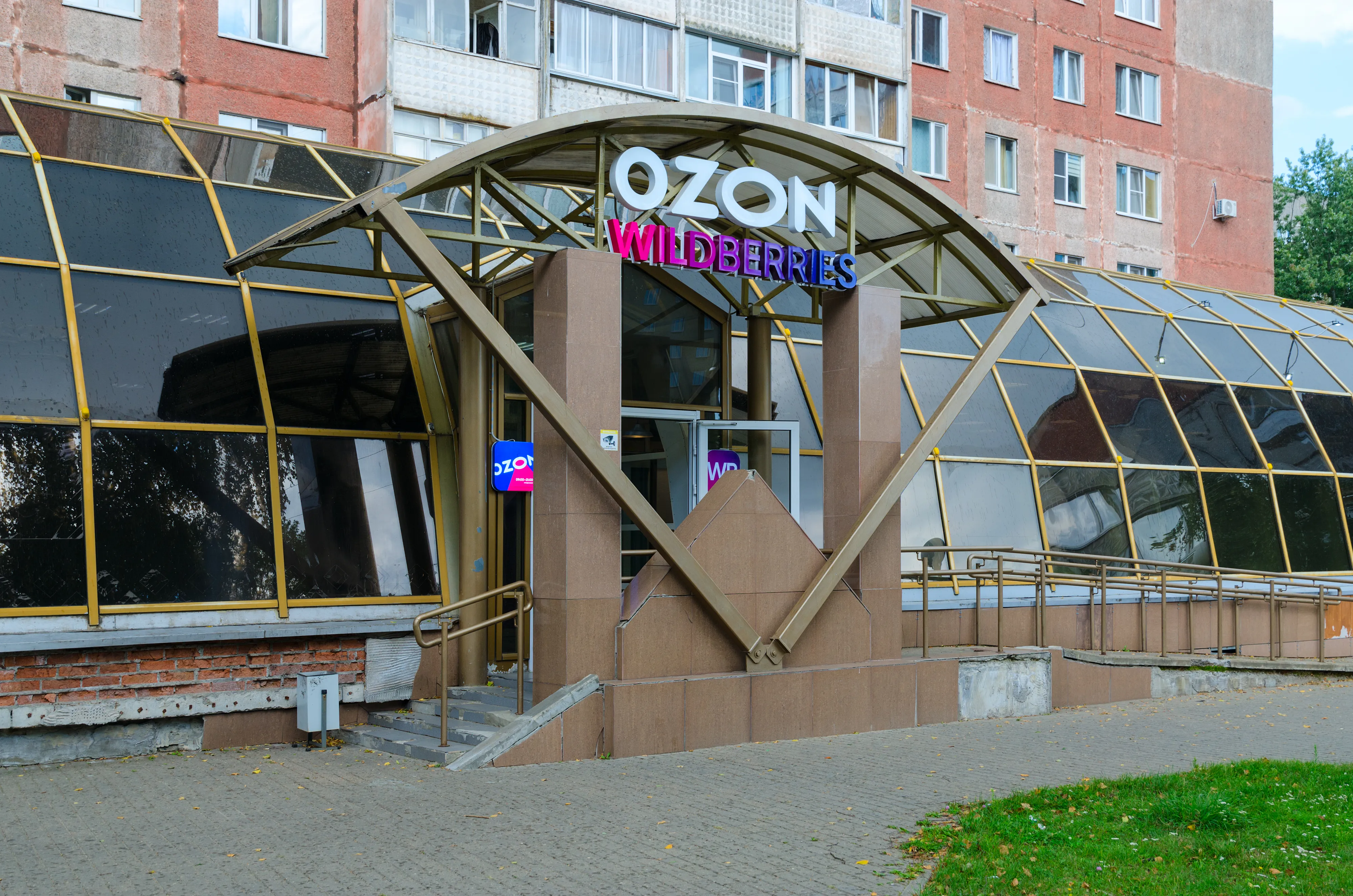Russia’s E-Commerce Boom Spreads Beyond Major Cities

Not long ago, online shopping in Russia was largely confined to sprawling metropolitan areas, with their advanced logistics hubs and lightning-fast delivery. Today, that picture is changing. E-commerce has expanded well beyond Moscow, St. Petersburg and other major cities — it’s now thriving in regional towns and even rural communities.
E-commerce Goes Regional
According to the Association of E-Commerce Companies (AKIT), 84% of Russia’s population now uses online marketplaces. Regional areas account for a staggering 76% of total online sales. And the market is growing fast — in the first four months of 2025 alone, Russia’s e-commerce volume reached 3.5 trillion rubles, up 39% year-over-year.
Behind these figures lie real improvements in people’s lives. A farmer in the village of Kalinovka can now order a cultivator with free delivery, saving a full day’s trip to a regional center. A mother in Irkutsk can get the right diapers for her baby — items often missing from local pharmacies. Digital commerce is fulfilling a powerful new social function, one that’s also opening up new markets for regional businesses.

Online platforms let small and midsize enterprises (SMEs) sell nationwide without setting up physical offices. Consumers benefit from more options, better prices and unmatched convenience.
Infrastructure Is Key to Scaling
E-commerce doesn’t work without infrastructure. That’s why investments in logistics, fintech and artificial intelligence are now essential to sustainable growth.
Order pickup points are expanding across both large and small settlements. Major players — including Russian Post, Wildberries and Ozon — are growing their networks to reach even the country’s most remote regions.
Fintech tools like installment payments and microloans are raising the average order value and attracting new customers. AI-powered analytics help forecast demand and optimize inventory management. These technologies are evolving, making digital commerce even more accessible and mainstream.
AKIT reports that e-commerce penetration in total retail sales rose from 16.2% in 2024 to 18.6% in early 2025. There’s still room for significant growth — full market saturation could require that figure to double.

Russian E-Commerce Eyes Global Markets
Russia’s e-commerce surge isn’t confined to national borders. Wildberries and Ozon are opening pickup points across Kazakhstan, Kyrgyzstan and Uzbekistan. At the same time, local brands from these countries are gaining visibility via Russian marketplaces.
Online channels are also helping Russian manufacturers scale their exports. Products like building materials, home cleaning supplies, skincare, hygiene products and home goods are in demand across the Eurasian Economic Union (EAEU). Analysts forecast rapid e-commerce growth with countries of the Global South.
Artem Sokolov, head of AKIT, told RIA Novosti that online retailers are focusing on relationships with the EAEU, India, China and others. Talks are already underway with the UAE, with Egypt also on the roadmap.

Legal Clarity and Market Maturity
A new law on platform economics is expected to further boost e-commerce. On June 30, a government legislative commission approved the draft bill, which sets clear rules for how platforms, sellers and buyers interact — and ensures protection for all parties.
Russia’s e-commerce market is becoming increasingly advanced and tech-driven. With government regulation now catching up, it’s poised to become even safer and more transparent for everyone involved.










































